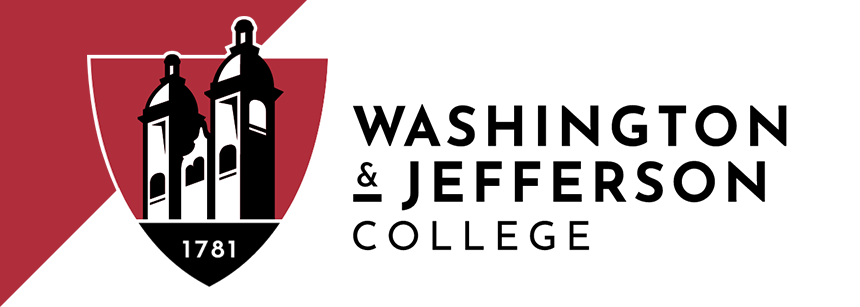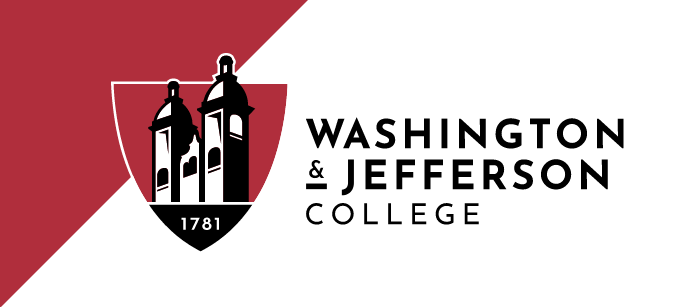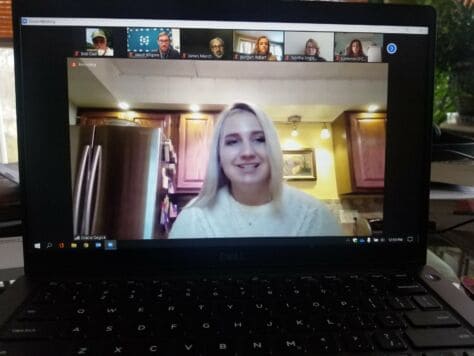WASHINGTON, PA (Dec. 14, 2020)—A virtual finals week calls for creative ways for students to share their capstone experiences.
The Washington & Jefferson College (W&J) Environmental Studies Program did just that, sharing student capstone presentations on YouTube and hosting a Zoom Q&A on Dec. 8, 2020, for students to discuss their work with others in the College community.
“The five students completing their capstone experiences in the Environmental Studies Program this year exemplify not only the diversity of academic interests and personal passions, but a particularly high level of dedication and perseverance as well,” said Director of Environmental Studies Robert East, Ph.D. “Despite the dire outlook we all had last March, plans were successfully implemented, and dreams were realized. The entire faculty of the EVS Program are proud of their accomplishments.”
The EVS capstone experience gives students the ability to customize this milestone in their education with options to complete a research-based experience, independent study course, or practical experience for the program requirement.
“In these five capstones, you see so many different types of work, and this is just the tip of the iceberg in terms of what you can do,” said one of the presenters, Environmental Science major Cameron O’Connor ’22.
During the Q&A, students discussed the following projects:
- Hannah Robart, “Amendments of Lime and Mycorrhizae Improve First-Year Plant Success in a Planting on Abandoned Coal Mine Overburden in Appalachia”
- Chase Weiland, “Environmental Justice and Social Media: Does the Dissemination of Information with Social Media Activism Widen the Generational Gap within Environmentalism?”
- Tabitha Engle-Young, “Environmental Studies Capstone: ECN 440-Econometrics”
- Cameron O’Connor, “Penn’s Cave & Wildlife Park: An ENVS Internship”
- Gracie Gegick, “Capstone Experience in the Environmental Studies Program: Internship with Allegheny Country Park Rangers”
For nearly all the students, COVID introduced a new challenge to completing their capstone experience, whether that was limiting in-person internship opportunities or closing physical resources for research that would normally be available to them. In spite of these difficulties, the five young women found ways to complete their studies and gained valuable experience in doing so. The common thread in overcoming obstacles for each student was support from W&J.
“W&J is awesome in terms of funding for summer projects and research, too,” Hannah said. “If you’re a freshman, you have three opportunities to apply for a Magellan. My research was funded by the Mazingira Fund. Just apply and you may get money to do awesome things.”
Course options and accessible professors are another pillar of support.
“Most of my college experience has been trying to get a feeling for what I was interested in while taking a wide variety of courses at W&J,” Tabitha said. “In the beginning, I was taking a lot of natural science classes and wanted to look more at social aspects. Then, I took a JayTerm class with Dr. East and knew I wanted to look more into environmental studies.”
“I’ve learned so much here and I would not have known what to do with the rest of my life without going to Dr. March’s biology class freshmen year,” Chase added.
Learn more about the opportunities available in Environmental Studies on our program page and stay up to date with the program on Facebook.
About Washington & Jefferson College
Washington & Jefferson College, located in Washington, Pa., is a selective liberal arts college founded in 1781. Committed to providing each of its students with the highest-quality undergraduate education available, W&J offers a traditional arts and sciences curriculum emphasizing interdisciplinary study and independent study work. For more information about W&J, visit washjeff.dev, or call 888-W-AND-JAY.


